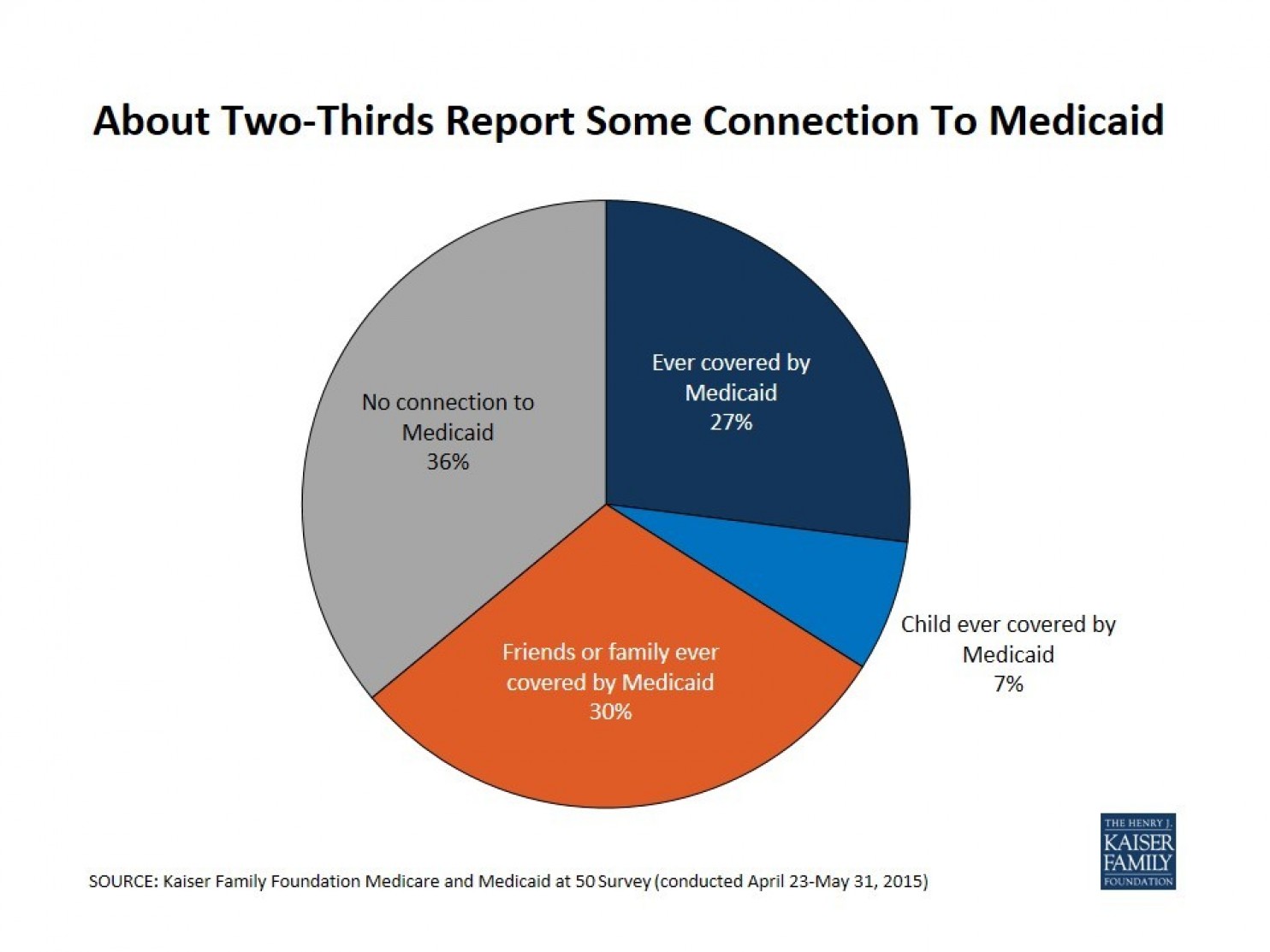The Republican Health-Care Plan the Country Isn’t Debating

With the debate about the Affordable Care Act drawing so much scrutiny, a broader Republican agenda to fundamentally change the federal role in health care is flying under the radar. It’s the most important issue in health care we are not debating.
Many Republicans in Congress want to convert Medicaid to a block-grant program and transform Medicare from a plan that guarantees care into one in which seniors would receive a set amount of money to purchase coverage. Meanwhile, Republicans would replace existing subsidies for premiums under the ACA with less generous tax credits — all while eliminating the expansion of Medicaid that enables states to cover low-income childless adults.
Taken together, these changes would amount to a fundamental rewriting of the health-care role of the federal government. They would end the entitlement nature of Medicaid and Medicare, cap future increases in federal health spending for these programs and shift much more of the risk for health costs in the future to states and consumers.
If Republicans shy away from Medicare for the time being, for fear of angering senior voters, the fulcrum for this policy shift will be the debate about converting the Medicaid program to some form of a block grant, most likely one that would cap spending on a per- enrollee basis. This would be an enormous shift. Medicaid spending exceeds half a trillion dollars , and the program represents more than half of all federal funds spent by states. Medicaid has changed dramatically from its beginnings as a program largely for women and children on welfare. It now has more than 70 million beneficiaries, and its reach is so broad that almost two-thirds of Americans say that they, a family member or a friend have been covered by Medicaid at some point.

The details of Republican plans to give states greater flexibility in return for reductions in future federal Medicaid funding are not yet known. The March 2016 House budget resolution would have reduced future federal Medicaid funding through a block-grant mechanism by about 20 percent over a 10-year period, and 21 percent more by repealing the ACA’s Medicaid expansion. There will be stiff resistance to a Medicaid block grant from Democrats and many governors, as well as from advocacy groups representing constituencies such as the elderly and disabled, who together represent 63 percent of Medicaid spending.
Capping federal spending in the major health programs would appeal to conservatives and deficit hawks focused on reducing the size of the federal budget, reining in the deficit and eliminating entitlement programs, a change they call “entitlement reform.” Critics say the federal government, with its broader tax base, is far better able to foot the bill for major health programs than are states. They worry about what will happen when states hit economic downturns — with less revenue coming in yet more citizens eligible for Medicaid — and have to cut spending to balance their budgets.
Medicaid already spends about 25 percent less than private insurance on a per-person basis, and generally reimburses providers much less than Medicare and private insurers do. So while proponents of block grants argue that the shift will give states greater flexibility to spend Medicaid dollars wisely, critics of the approach say that the only realistic way for states to cope with less federal money would be to cut coverage and benefits for low-income people.
The scope of the change in the federal role in health care being contemplated depends on proposals still being fashioned by Republicans and on whether they take on Medicare as well as Medicaid. Republicans have also not reached consensus on whether to repeal the ACA’s Medicaid expansion or to allow states that have expanded to continue their programs. But taken together, their plans to cap Medicaid and Medicare spending while also repealing the ACA amount to a fundamental change in the federal role in health care. For all the back-and-forth about the details and feasibility of repeal and replace, having that bigger-picture debate is just as essential.
Drew Altman is president and chief executive of the Henry J. Kaiser Family Foundation.
